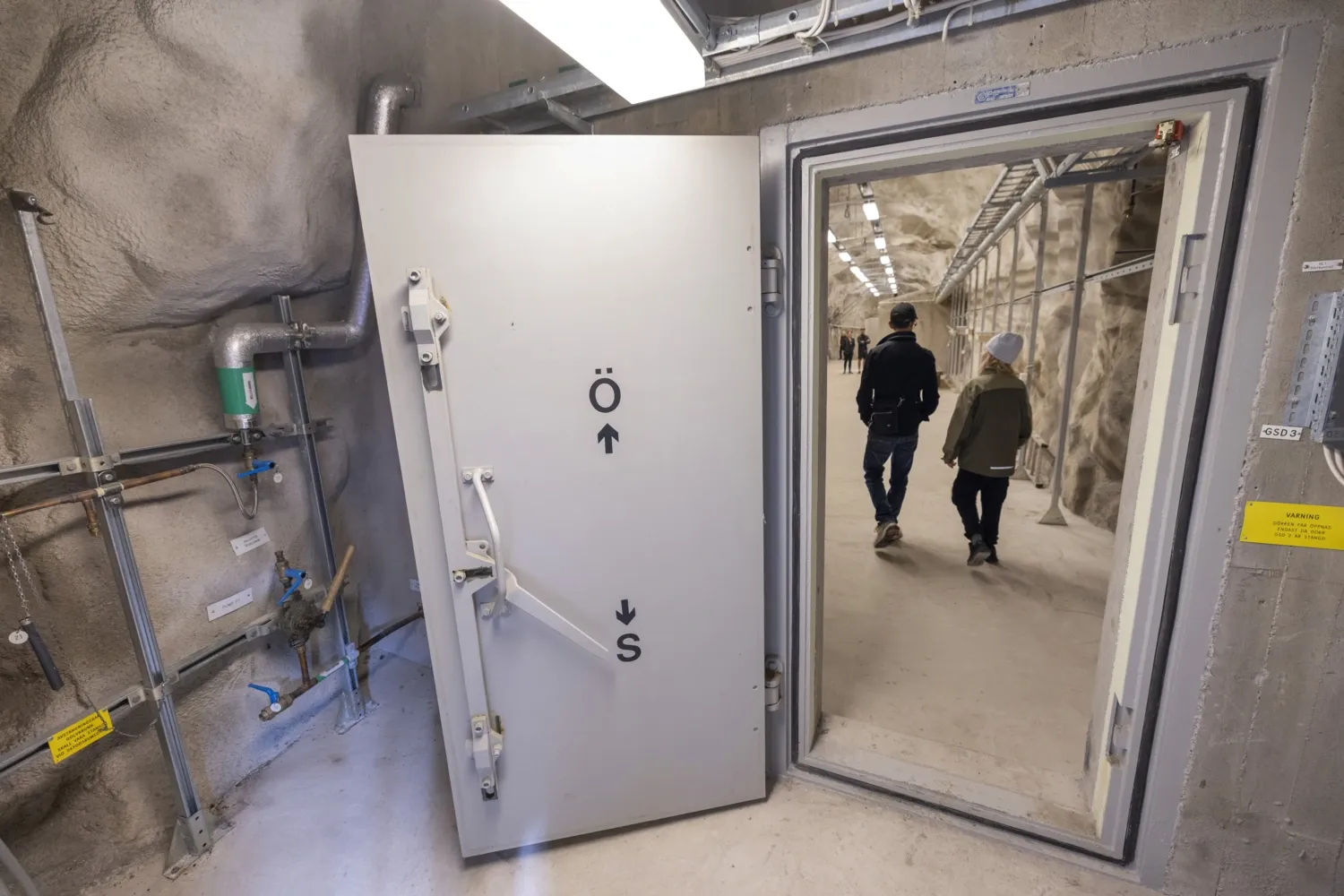Preparedness Week 2024 has begun, but what exactly is preparedness?

Preparedness Week 2024 has started. The theme for the year is "Get started" and around the country, municipalities, regions, civil society organizations and many more are investing in information and communication campaigns. But what exactly is preparedness?
Right now, there is a lot of talk about preparedness. Not only because week 39 of each year is MSB's theme week and communication initiative Preparedness Week, but also because in the wake of the COVID-19 pandemic and in a turbulent global situation, the public debate has begun to be more about being prepared.
Complex to invest in what has not happened
The Centre for Health Crises at Karolinska Institutet brings together expertise in areas related to both preparedness and management of health crises. There, Maja Fjaestad is an expert coordinator in social policy and preparedness.
She knows from her own experience that preparedness can often be easier to talk about than to actually implement, not least because it involves different types of investments in which it may not necessarily be needed. The nature of preparedness is that the need has not yet arisen.
In this way, investments in contingency can be likened to an insurance premium. Maja Fjaestad cites investments in material preparedness, such as emergency stockpiles or shelters, as examples.

"Such investments cannot exclusively be made at the expense of other functionality in society, for example cuts in the social insurance system to pay for a large civil defence shelter investment. Social insurance is also part of a country's civil preparedness, by providing security and predictability, something we saw not least during the covid pandemic where the opportunity to be on sick leave with compensation in case of symptoms was an important tool against the virus. The level of risk-taking versus costs and necessary deprioritisation is an important part of the democratic conversation," says Maja Fjaestad.
Expertise at higher education institutions can contribute to preparedness
In many places around the country and at many businesses, work is underway on issues related to preparedness. The expertise available at the universities can then be of great benefit to the surrounding society. During Preparedness Week 2024, the Centre for Health Crises will publish one news item a day on the theme of preparedness, within a couple of the centre's various areas of expertise, to highlight some of the expertise gathered there.
